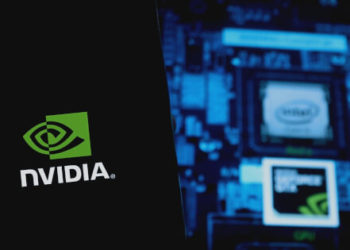In a landmark decision on August 18, 2023, US District Judge Beryl A. Howell ruled that artwork generated solely by artificial intelligence (AI) cannot be copyrighted. The ruling was made in response to a lawsuit against the US Copyright Office, which had previously denied a copyright request by Stephen Thaler for an image produced using his Creativity Machine algorithm.
The ruling made by Judge Howell stressed the fundamental premise of copyright law by noting that it has “never been granted to work that was ‘absent any guiding human hand'” and that “human authorship is a bedrock requirement of copyright.” Both of these statements were made in reference to the fact that copyright has “never been granted to work that was ‘absent any guiding human hand.'” Even if technological advancements are constantly being made, this viewpoint is consistent with the position taken by the United States Copyright Office, which maintains that the only “works of human creation” are entitled to legal protection under copyright laws.
The case received a lot of attention as a result of Thaler’s repeated efforts to register the AI-generated picture “as a work-for-hire to the owner of the Creativity Machine.” If this had been effective, it would have acknowledged the AI as the author while allowing Thaler to keep ownership of the work. However, none of his endeavors were successful since they were all greeted with failure.
Attorney Ryan Abbot of Brown Neri Smith & Khan LLP, who represents Stephen Thaler, has said that he disagrees with the court’s reading of the Copyright Act and suggested that an appeal of the verdict would be filed.
This judgement highlights the ongoing dispute around AI and copyright law, which is especially relevant given that AI is continuing to play an increasingly important role in creative sectors. As artificial intelligence (AI) technology progress and their applications in art and other industries increase, it is expected that the legal environment will encounter further obstacles and evolve as a result.
For now, the message is clear: while AI can be a tool for creation, the human element remains central to the concept of copyright in the United States.
Image source: Shutterstock
Credit: Source link












































